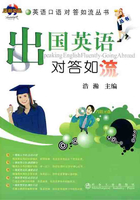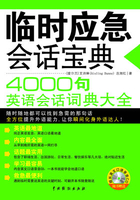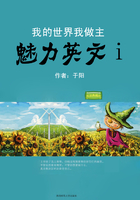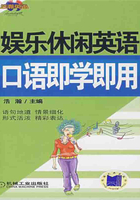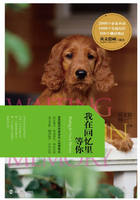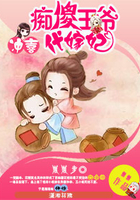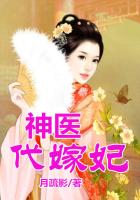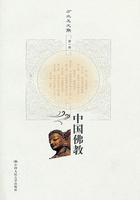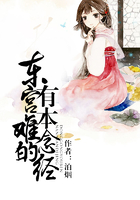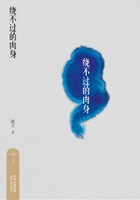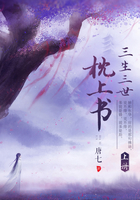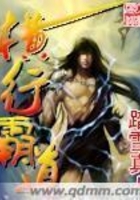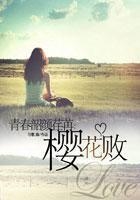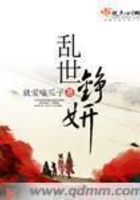The Art of Living
The art of living is to know when to hold fast and when to let go. For life is a paradox: it enjoins us to cling to its many gifts even while it ordains their eventual relinquishment. The rabbis of old put it this way: “A man comes to this world with his fist clenched, but when he dies, his hand is open.”
Surely we ought to hold fast to life, for it is wondrous, and full of a beauty that breaks through every pore of God’s own earth. We know that this is so, but all too often we recognize this truth only in our backward glance when we remember what was and then suddenly realize that it is no more.
We remember a beauty that faded, a love that waned. But we remember with far greater pain that we did not see that beauty when it flowered, that we failed to respond with love when it was tendered.
A recent experience retaught me this truth. I was hospitalized following a severe heart attack and had been in intensive care for several days. It was not a pleasant place.
One morning, I had to have some additional tests. The required machines were located in a building at the opposite end of the hospital, so I had to be wheeled across the courtyard on a journey.
As we emerged from our unit, the sunlight hit me. That’s all there was to my experience, just the light of the sun. And yet how beautiful it was—how warming, how sparkling, how brilliant! I looked to see whether anyone else relished the sun’s golden glow, but everyone was hurrying to and fro, most with eyes fixed on the ground. Then I remembered how often I, too, had been indifferent to the grandeur of each day, too preoccupied with petty and sometimes even mean concerns to respond from that experience. It’s really as commonplace as the experience itself: life’s gifts are precious —but we are too heedless of them.
Here then is the first pole of life’s paradoxical demands on us: never too busy for the wonder and the awe of life. Be reverent before each dawning day. Embrace each hour. Seize each golden minute.
Hold fast to life...but not so fast that you cannot let go. This is the second side of life’s coin, the opposite pole of its paradox: we must accept our losses, and learn how to let go.
This is not an easy lesson to learn, especially when we are young and think that the world is ours to command, that whatever we desire with the full force of our passionate being can, may, will, be ours. But then life moves along to confront us with realities, and slowly but surely this truth dawns upon us.
At every stage of life we sustain losses—and grow in the process. We begin our independent lives only when we emerge from the womb and lose its protective shelter. We enter a progression of schools, then we leave our mothers and fathers and our childhood homes. We get married and have children and then have to let them go. We confront the death of our parents and our spouses. We face the gradual or not so gradual waning of our strength. And ultimately, as the parable of the open and closed hand suggests, we must confront the inevitability of our own demise, losing ourselves as it were, all that we were or dreamed to be.
懂得何时取舍,这便是生活的艺术。生活本身就是自相矛盾的:它劝诫我们珍惜生活赋予的诸多恩赐,但这一切最终又将会化为乌有。古犹太教士说过:“人握拳而来,撒手而去。”
的确,我们应牢牢地把握生活,因为它是奇妙无穷的,它的美妙存在于上帝所创造的这个世界的每一个角落。虽然我们知道事实果真如此,但常常只有在回首往事时才会懂得这一真理。当我们忆起人生的美妙时,才突然发现早已物是人非。
我们追忆那褪色的美,还有消逝的爱。但回忆时,我们总会深感痛苦,因为我们不曾看到美丽绽放的时刻,也未曾回应爱的呼唤。
近来的一次经历再次让我领会到了这一真理。由于心脏病发作,病情加重,我必须住进医院特护区接受数天的治疗。医院可不是一个令人愉快的地方。
一天清晨,我必须去做一些额外的检查。而检查所需的仪器放在医院尽头对面的大楼里,因此我不得不坐着轮椅穿过院子去那里。
当我们从病房出来时,阳光照在了我身上。我所能感受到的一切全都是阳光。它是那么的美好——那么温暖,灿烂,夺目!
我留心周围的人,看看是否有人也在享受这金灿灿的阳光,但每个人都是行色匆匆,多数人把目光投向地面。突然,我意识到自己以前也是如此,无视每一天的伟大。太多的琐事占据了我们的生活,以至于我们对生活中的一切司空见惯,而不曾用心感受并予以回应。
同这平凡的经历一样,我从中悟出的道理也平凡无奇:生活的恩赐无比珍贵——而我们却不曾珍惜。
生活极具矛盾性,它对我们的第一个要求便是:永远不要过于忙碌,而对人生中的奇妙与庄严视而不见。虔诚地对待每一天,拥抱每一小时,把握宝贵的每一分钟。
把握人生,但要有尺度,否则会产生副作用。这就是生命的另一面,即矛盾的一方:我们必须接受失去,学会如何放弃。
当然,做到这点绝非易事,特别是年轻气盛时,总以为我们可以主宰世界,以为只要激情满怀就会有足够的力量,绝对可以得到我们渴望得到的一切。然而,现实很快就会将这些幻想击碎,慢慢地,我们也将明白这第二条真理。
在人生的每个阶段,我们都会有所失去——但也会在这个过程中得以成长。我们只有离开母体,失去它的保护,才开始独立的生命。我们踏上求学的阶梯,之后离开了父母与故土。我们结婚生子,之后放手让他们独立生活。我们面临着父母与伴侣的死亡,也面临着自身体力或缓或急的衰退。最终,正如那个握拳的寓言一样,我们必须面临自身的死亡,失去现实与梦想中的自我。
1. Surely we ought to hold to life, for it is wondrous, and full of a beauty breaks through every pore of God’s own earth. We know that this is , but all too often we recognize this only in our backward glance when we remember what was and then suddenly realize that it is no .
2. A experience retaught me this truth. I was hospitalized following a severe heart attack and had been in intensive care for several days. It was not a pleasant .
3. We enter a progression of schools, we leave our mothers and fathers and our childhood homes. We get and have children and then have to let them go.
1. 它劝诫我们珍惜生活赋予的诸多恩赐,但这一切最终又将会化为乌有。
2. 太多的琐事占据了我们的生活,以至于我们对生活中的一切司空见惯,而不曾用心感受并予以回应。
3. 在人生的每个阶段,我们都会有所失去——但也会在这个过程中得以成长。
1. Surely we ought to hold fast to life, for it is wondrous...
ought to:应该
2. ...that we failed to respond with love when it was tendered.
fail to:未能

